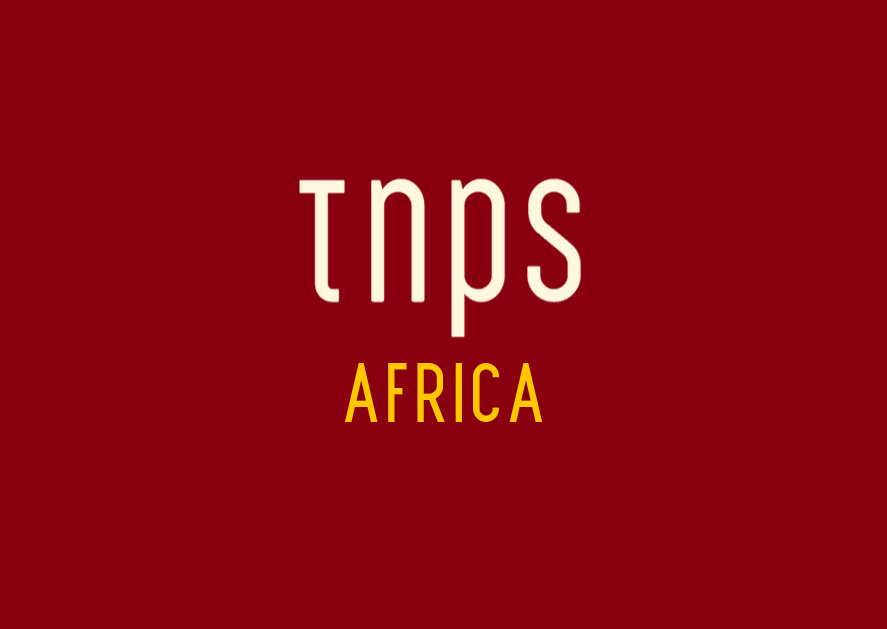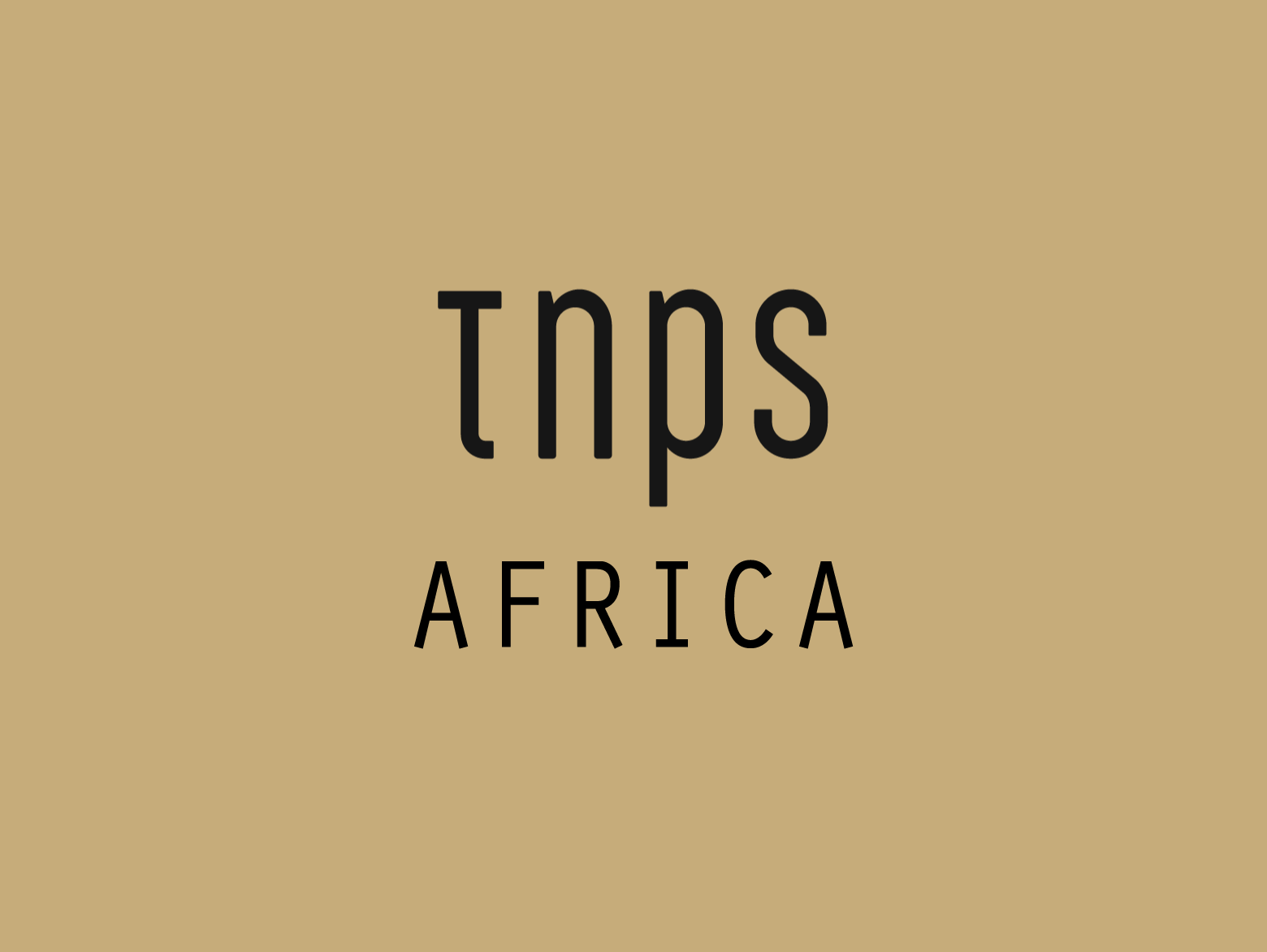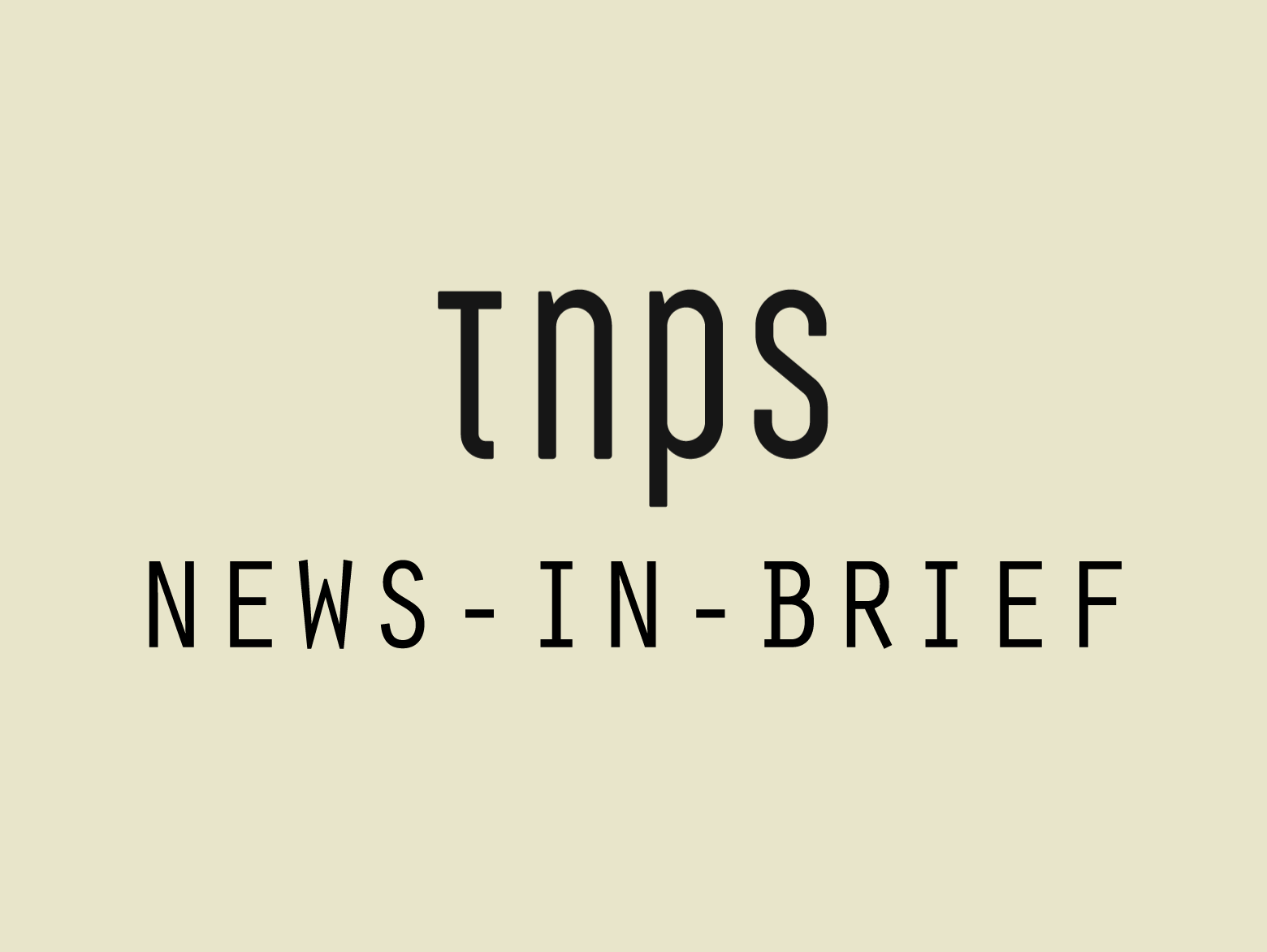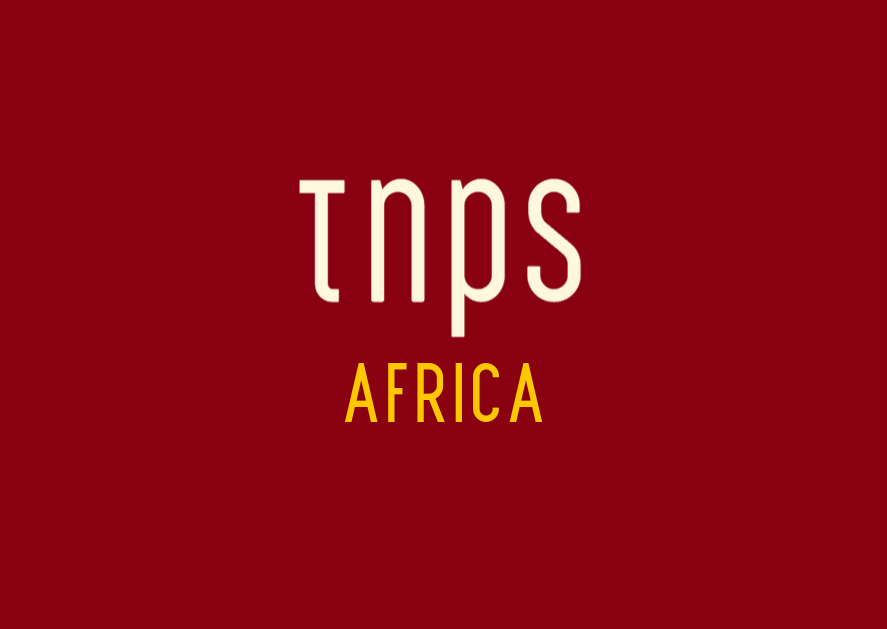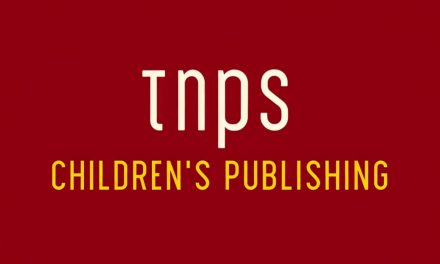75% of Nigerian kids that cannot read simple sentences. Does anyone seriously think Nigeria got to be the economic powerhouse of Africa with an illiterate workforce?
The Akada Children’s Book Festival (ACBF), Nigeria’s first and largest children’s book event, will celebrate its sixth incarnation on October 26, 2024, at the UPBEAT Recreation Centre in Lekki-Lagos.
Convened by renowned author Olubunmi Aboderin Talabi, the festival aims to inspire young readers and foster a lifelong love of reading, and works on the principle that that can best be achieved by providing a platform for indigenous authors and promoting engagement with children’s literature that reflects local cultures.
It’s an all-too common narrative. The need to offer children books featuring protagonists who look like them and experience similar adventures in familiar environments, countering the dominance of imported books that often depict foreign cultures.
The 2024 festival, themed “Read Your Way,” will highlight the importance of literacy and a reading culture among children aged 13 and below, and that is especially important right now given a 2023 UNICEF report revealed that 75% of Nigerian children aged 7 to 14 cannot read simple sentences.
Aduke Gomez, author of Iya Alaro Saves The Day, underscored the importance of exposing children to their history and culture through books by indigenous authors. She highlights that children’s books are foundational to learning and that ACBF helps parents nurture a love for reading while showcasing African heritage.
Since its inception in 2019, ACBF has attracted over 8,500 attendees and donated more than 4,206 books, significantly contributing to improving access to literature.
Read more here.
Now let me come back to that 75% of Nigerian kids that cannot read simple sentences.
We are talking about Nigeria, the powerhouse of the African economy, that is now producing a future workforce that cannot read.
Does anyone seriously think Nigeria got to be where it is today with an illiterate workforce?
So what went wrong?
The answer is simple: Jolly phonics, the nonsensical commercial synthetic phonics programme designed to make the company rich by wasting the most precious years of a child’s life doing chimpanzee impressions and learning to decode easy two and three letter words so they can pass so-called phonics diagnostics tests that make the company look good and make the children think they can read.
Safe to say no-one reading this post was taught to read using Jolly Phonics, which arrived in Nigeria in 2011. It arrived in the UK earlier still, and the damage can be seen every day in falling literacy standards and falling interest in reading among children.

In 2022 a study by the UCL, London, showed clearly the damage synthetic phonics teaching was doing to English-language teaching in the home of the English language.
We are now seeing the same damage patterns in countries like Nigeria, and here in The Gambia from where I write these posts, when I’m not running a school that does not use Jolly Phonics and all the kids can read.
And yes, we use books written for Gambian children with Gambian settings and names. Sadly no, they are not written by an indigenous Gambian, but by a British ex-pat, which is better than nothing. My Get Gambia Reading series will hopefully live on long after I become a crocodile’s lunch.
Publishers, in Nigeria, The Gambia, the UK and the US (it’s called, don’t laugh, the “science of reading” in the USA) need to get a grasp of what is happening here, because every child that cannot read or does not discover the joy of reading is a future adult that will never buy a book.
This post first appeared in the TNPS LinkedIn newsletter.

